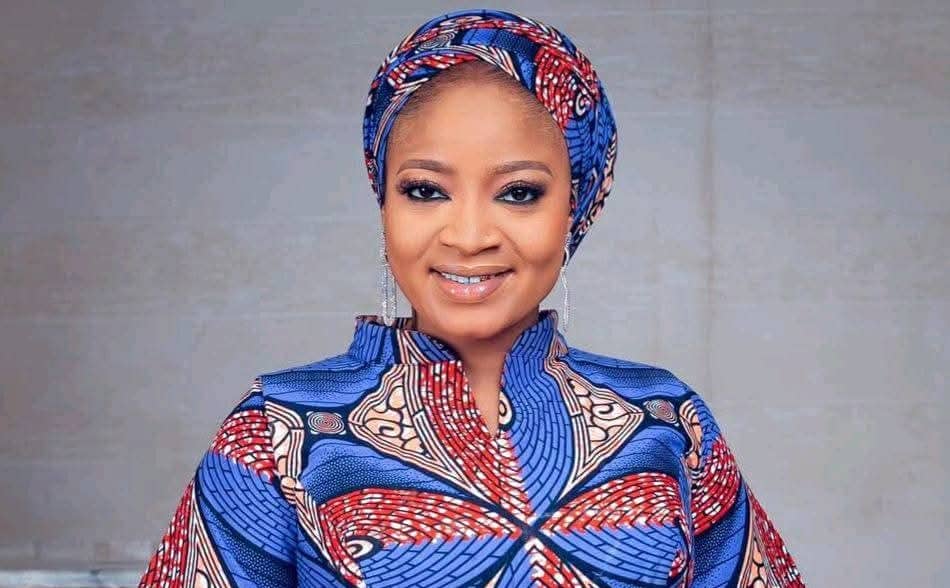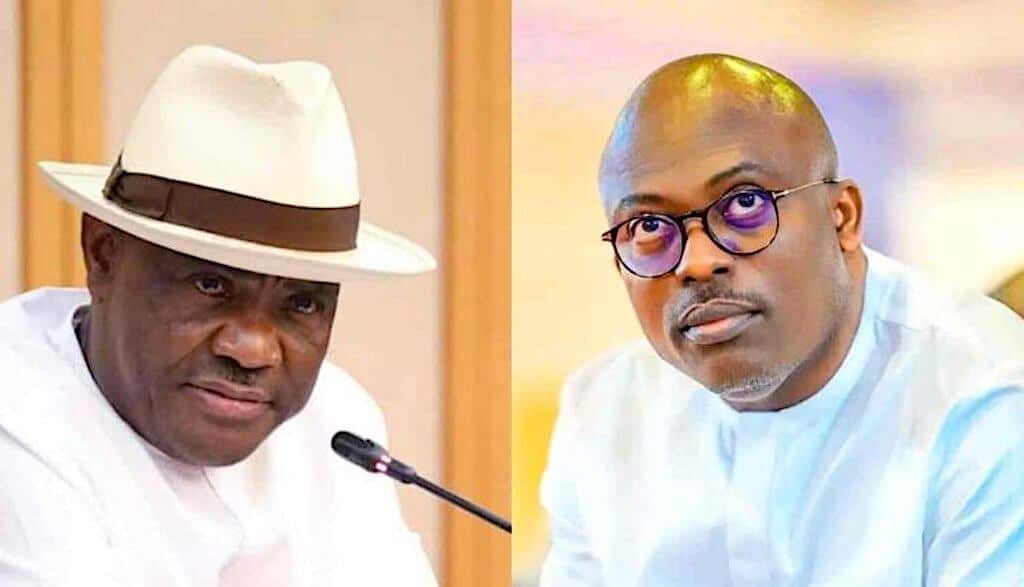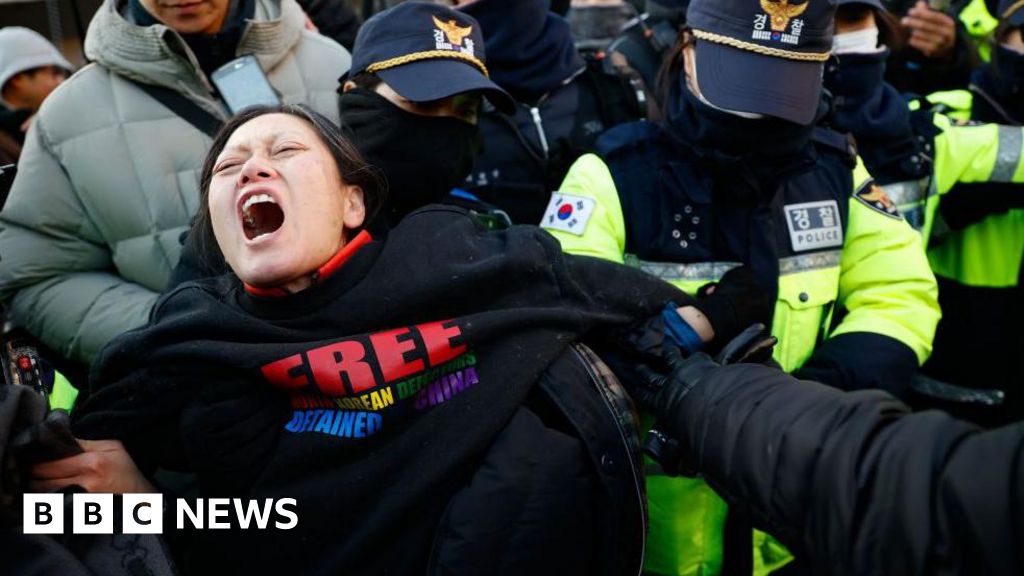Governor of the Central Bank of Nigeria Olayemi Cardoso has expressed satisfaction with the progress in stabilising the naira, stating that extreme volatility may be a thing of the past. “I do believe that we have more or less seen the worst in terms of volatility,” said in an interview yesterday.
Cardoso emphasised the importance of closely monitoring the market to ensure optimal value is achieved using various tools during an interview with Bloomberg TV on Tuesday.
Since assuming office in September, Cardoso has implemented several measures to restore traditional monetary policies, addressing rampant inflation, attracting foreign investments, and stabilising Nigeria’s currency.
Despite these efforts, the annual inflation rate remains high due to currency devaluation, food insecurity, and the removal of energy subsidies. Last month, headline inflation inched up to 33.95 per cent in May 2024.
To combat inflation, interest rates have been raised by 750 basis points this year, reaching 26.25 per cent. Additionally, a foreign-exchange backlog has been cleared, and the country’s exchange-rate policies have been revised, effectively devaluing the naira.
The measures have resulted in the naira trading within a narrow range of N1,473 to N1,490 per dollar this month. Consequently, the 10-day rolling volatility is at its lowest in over a year, with 100-day swings at their smallest since January.
“We’re relatively pleased with where we are,” Cardoso said in the interview with Bloomberg.
However, he acknowledged the need for ongoing efforts, stating, “It’s continuous work in progress. And we will do everything possible to ensure that we continue to manage the macroeconomic fundamentals that affect that.”
Cardoso did not confirm whether the recent improvements against inflationary pressures signal an end to the tightening cycle initiated in May 2022. “Data will direct whether they see further hikes or not,” he said. The Monetary Policy Committee (MPC) has consistently highlighted inflation as a significant threat to Nigeria’s future, committing to keeping it in check and reducing it as much as possible.
Economic experts note that the central bank’s measures and fiscal reforms have improved liquidity. Notably, the federal government secured $2.25 billion in funding from the World Bank to support economic reforms and boost foreign exchange reserves. Cardoso refrained from speculating on whether this could mark the end of the tightening cycle ahead of the MPC meeting in mid-July, reiterating, “Data will direct whether they see further hikes or not.”
The central bank’s steps and fiscal reforms have also bolstered Nigeria’s foreign exchange reserves. “We should have a diversity of sources,” Cardoso said, emphasising the need for a varied approach beyond reliance on the eurobond market or foreign portfolio investors. Instead, he advocates for a diverse mix of funding sources to strengthen the nation’s economic stability.
Cardoso said his leadership aims to maintain a steady course, focusing on managing macroeconomic fundamentals and ensuring sustained progress in stabilising the naira and controlling inflation.

 6 months ago
28
6 months ago
28















 English (US) ·
English (US) ·